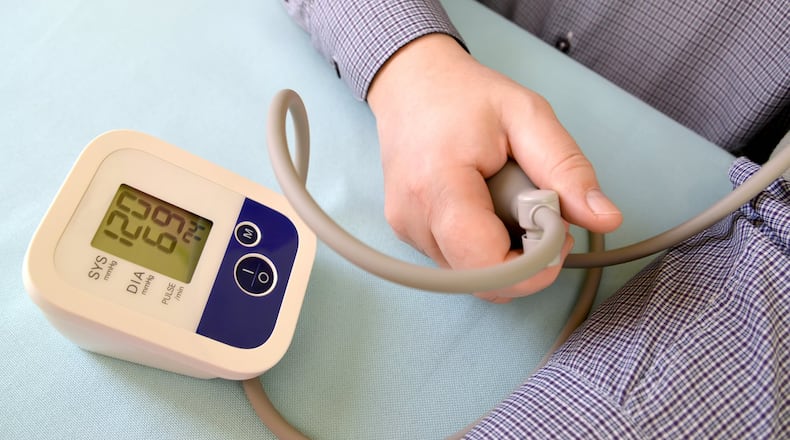It’s a full-time job, so it’s little wonder that everyone’s kidneys begin to work less well with age. But for more than 20 million of us, the problem isn’t age—it’s chronic kidney disease, which can lead to heart attack, stroke, kidney failure, and death.
Who’s at risk for kidney disease?
“Diabetes and high blood pressure are the most common causes of chronic kidney disease,” says Melissa Butler, MD, an internist with Kettering Physician Network’s Sycamore Primary Care Group in Miamisburg. “Just having a family history of these two conditions raises your risk for the disease.”
Other risk factors for chronic kidney disease include:
• Heart disease
• Being of African-American, Native American, Hispanic, Asian or Pacific Islander heritage
• Being 60 years of age or older
• Obesity
• Lupus or other autoimmune disorders
• Using painkillers like ibuprofen and naproxen for a prolonged period of time
• Chronic urinary tract infections
• Kidney stones.
Keep your kidneys strong
If you think you’re at risk for chronic kidney disease, talk to your doctor. He or she can order lab tests to check how well your kidneys are working.
To help keep your kidneys healthy:
• Control your blood pressure. A blood pressure below 120/80 mm HG is best. If your doctor prescribes medicine to control your blood pressure, be sure to take it as directed. Some blood pressure medicines may actually protect your kidneys.
• Avoid frequent or prolonged use of NSAIDS (nonsteroidal anti-inflammatory drugs) such as ibuprofen and naproxen.
• Drink plenty of water. Besides helping the kidneys remove waste from blood in the form of urine, water helps regulate body temperature, cushions and lubricates joints, protects sensitive tissues, and assists the digestive system.
• If you have diabetes, control your blood sugar. High blood sugar levels can cause the kidneys to filter too much blood.
• Keep your cholesterol levels in the range recommended by your doctor. Keeping your levels under control could be as simple as changing your diet by cutting down on foods high in saturated and trans fats
• Lower your salt intake. Aim to eat less than 2,300 milligrams of sodium daily.
• Exercise regularly.
• Maintain a healthy weight.
• If you smoke, do your kidneys, and other organs in your body, a big favor and quit.
Kettering Health Network is a faith-based, not-for-profit healthcare system. The network has eight hospitals: Grandview, Kettering, Sycamore, Southview, Greene Memorial, Fort Hamilton, Kettering Behavioral Health and Soin.
About the Author
